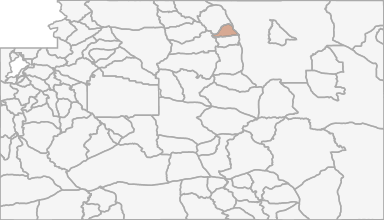Hunting Statistics for GEN-1


With all things equal, draw odds is the percent chance you'll draw this tag as your first choice hunt. Depending on the state draw these odds represnt:
Last year the average draw odds for hunt GEN-1 was 96.03%.
Quotas are the number of limited licenses up for grabs. Quotas are only set for limited license hunts. As you probably guessed, there are often different quotas for residents and nonresidents. Obviously, over-the-counter licenses are not shown in this graph.
Often state agencies do not report actual resident/nonresident quota breakdowns. They'll say that they will be determined at the time of the draw. In those cases, we'll try to calculate an estimated quota based on actual historical draw results.
Last year the total quota for hunt GEN-1 was 22618 licenses, and 19118 licenses were reserved for residents.
Was the quota met in the draw, or is there a surplus of leftover tags? In popular units, there's rarely any surplus. It's worthy of note to mention that just because there may be a surplus, that doesn't mean that those licenses will be available to purchase as a leftover license.
Last year, there were 8451 tags drawn, and there were 14167 leftover tags (after the draw) available for hunt GEN-1.
How much competition do you have? Let's face it, in many competitive units when you don't get your first choice, you're not getting a tag.
Last year, there were 11039 hunters who put hunt GEN-1 as their first choice.
In the past year, here's the breakdown of the number of points that applicants had prior to applying for hunt GEN-1.
In some very popular units in states where preference points are utilized, there's a problem we call point creep. And unless you've already collected a bunch of points in that state, you're probably best to bypass these hunts. It can be quite nasty.
In addition to a general or limited quota license, one must purchase an archery license before hunting during a special archery season. Only one archery license per year is required and it is valid for all big and trophy game special archery seasons. Archers possessing a Type 9 archery only license are not required to purchase an archery permit. However, they can only hunt in the hunt area(s) and during the dates their license is valid and may not hunt during a later regular season if unsuccessful.